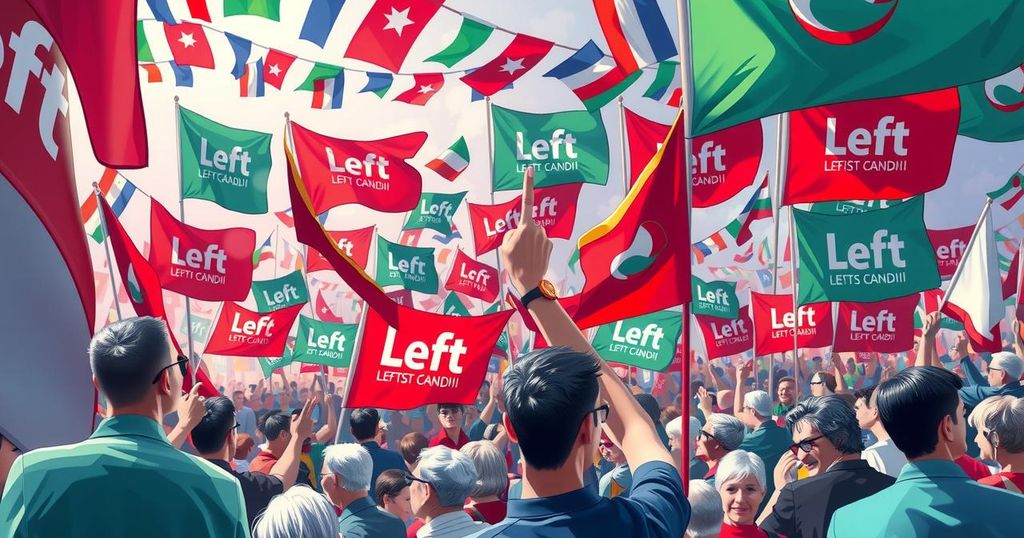- Jeannette Jara won the presidential primaries with 60.31% of the vote.
- Carolina Toha came in second with 27.91% of the vote.
- Jara’s popularity surged during her term as labor minister.
- Incumbent President Boric aims for unity in support of Jara.
- Right-wing contenders lead in recent presidential polls.
Jara Wins Primaries as Left-Wing Candidate
Jeannette Jara has emerged as the chosen candidate for the Chilean government, winning the recent presidential primaries with an impressive 60.31% of the votes. She previously served as the labor minister under President Gabriel Boric, who has been at the helm of the incumbent government. The primaries were noteworthy as they only included candidates from the governing coalition of Boric, sidelining right-wing contenders who seem to be holding off until the official election date on November 16, when they’ll contest for the presidency head-to-head.
Challenges Facing the Progressive Agenda
In these primaries, Carolina Toha, former interior minister and member of the Democratic Socialism party, trailed significantly behind Jara, receiving just 27.91% of the vote. President Boric, addressing the media afterwards, highlighted the importance of unity among progressive factions, aiming for a consolidated support for Jara in the forthcoming elections. However, past performance by the government on key issues, including a new constitution and other social reforms, hasn’t been stellar—and the rise in crime and immigration has only added pressure, shifting some public sentiment towards the right.
Right-Wing Competition Heats Up
Jara’s election as the candidate comes at a critical time. With right-wing candidates such as Evelyn Matthei and Jose Antonio Kast leading in recent polls, the landscape could change rapidly as they both focus on addressing public concerns about safety and governance. Matthei promotes values of “order, progress and hope,” while Kast, who previously lost to Boric, is back again with a strong, tough-on-crime pledge. Should no candidate secure a majority in the November election, Chileans will face a runoff on December 14 to finalize their next president.
In summary, Jeannette Jara’s strong performance in the primaries positions her as the left-wing choice in Chile’s presidential battle against a slew of right-wing candidates. Though she brings experience as former labor minister, challenges lie ahead as public concerns have shifted towards safety and effective governance. If no clear winner is determined, a runoff will likely add another layer of complexity to the political landscape in December.






